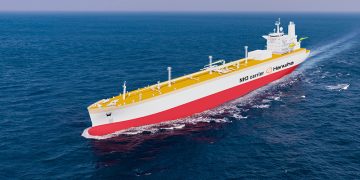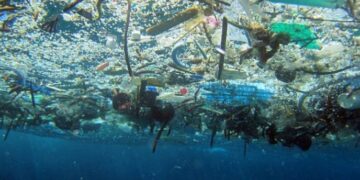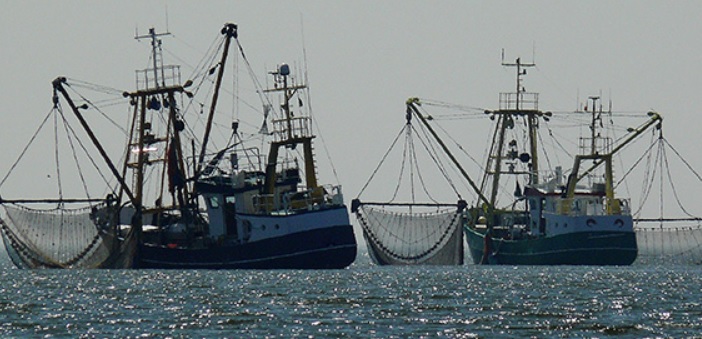Following an EU ban on cod fishing in Baltic Sea in late July, the Commission has recently made a new proposal in an effort to reinforce control and data collection in the area and assist all fishermen affected by the closure of the Easter Baltic cod fishery. Namely, the Commission suggests that from 2020, those vessels should be equipped with a vessel monitoring system or other equivalent electronic monitoring system and have observers onboard. This would allow scientists to gather more and better data on the stock.
The new proposal aims to address the economic impact of the closure and help those fishermen and women who will be hit the hardest. Namely, the European Maritime and Fisheries Fund (EMFF) offers them financial support in this economically difficult situation.
Specifically, the proposal allows the affected Member States, under certain conditions, to use some of their unspent EMFF funds to support vessel owners wishing to permanently decommission their ships targeting Eastern Baltic cod. It also puts a limit on the number of vessels that can fish for Eastern Baltic cod, to make sure that capacity withdrawn from the fleet with EMFF support lowers the pressure on the cod stock and helps it recover over time. The proposal does not increase the EMFF funding per Member State nor the EU’s overall budgetary contribution.
As Karmenu Vella, Commissioner for Environment, Maritime Affairs and Fisheries, said, the Eastern Baltic cod is suffering from an exceptional crisis, with scientists warning that we are losing 3 times as many fish to environmental pressures than to fishing. The recent proposal seeks to mitigate this by creating conditions that will help the cod stock to recover, while supporting the local communities who depend on this stock.
Eastern cod is considered as one of the key fisheries in the Baltic Sea, but the stock is currently in very poor shape. At the Council meeting on 14-15 October, fisheries ministers followed a Commission proposal and agreed to reduce fishing possibilities in 2020 to almost zero.
Moreover, because of the exceptionally fragile state of the Baltic Sea ecosystem, the Commission suggests to strengthen control and data collection in the Baltic Sea, even beyond the current closure period.
[smlsubform prepend=”GET THE SAFETY4SEA IN YOUR INBOX!” showname=false emailtxt=”” emailholder=”Enter your email address” showsubmit=true submittxt=”Submit” jsthanks=false thankyou=”Thank you for subscribing to our mailing list”]
This step is necessary to give the stock a chance to recover, but the Commission recognised that it also means severe and unavoidable economic hardship for the fleets and fishing communities that are traditionally targeting this stock.
































































